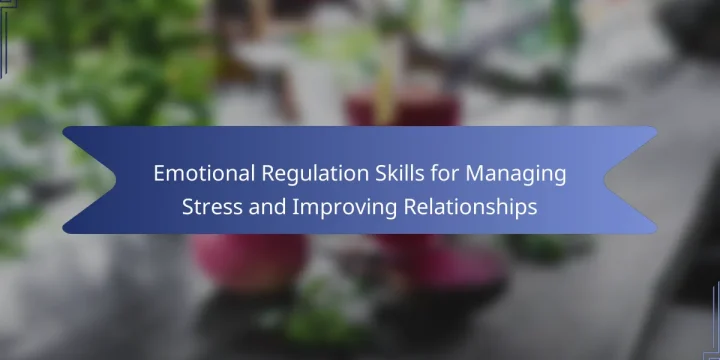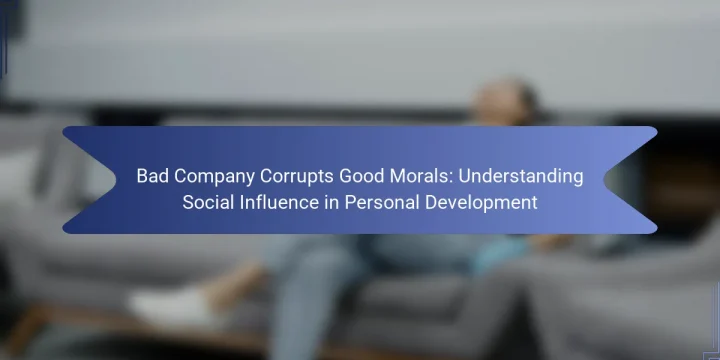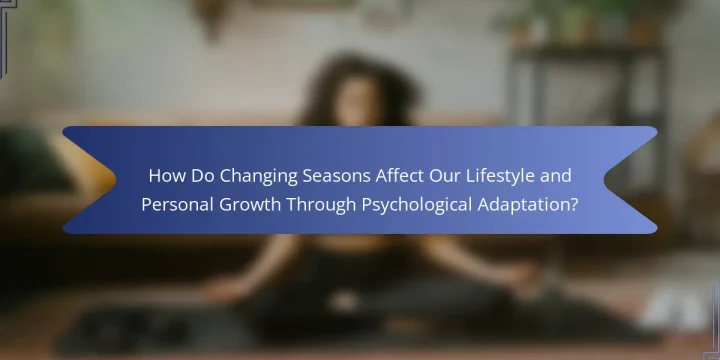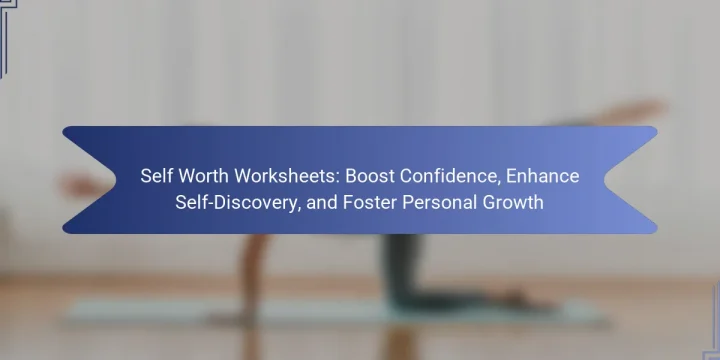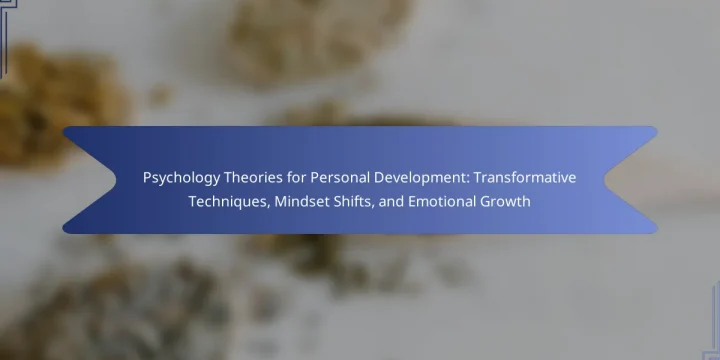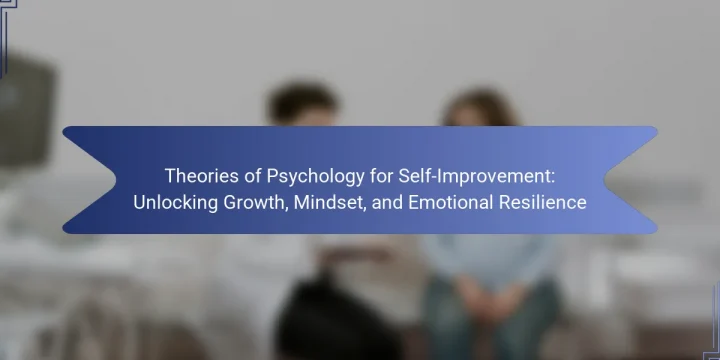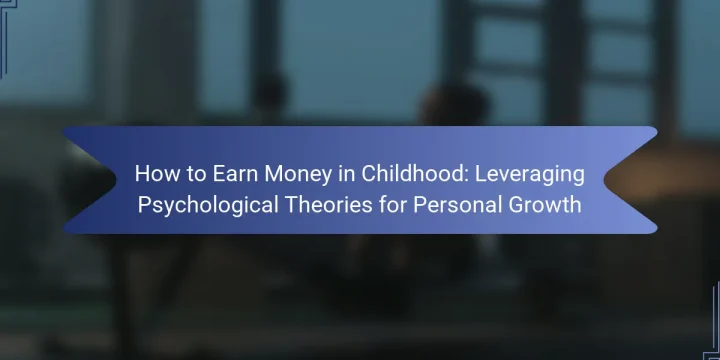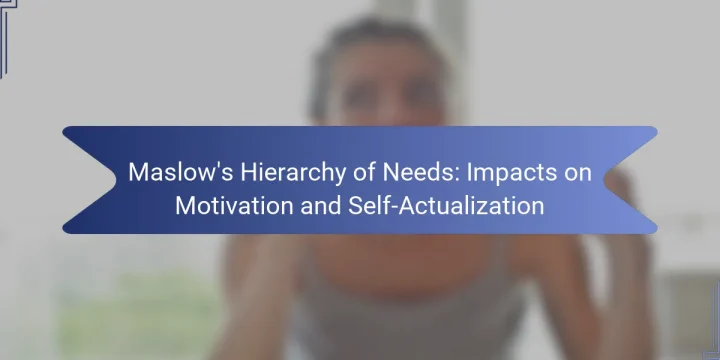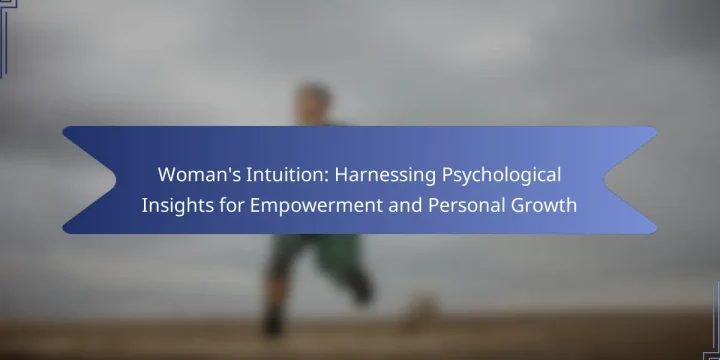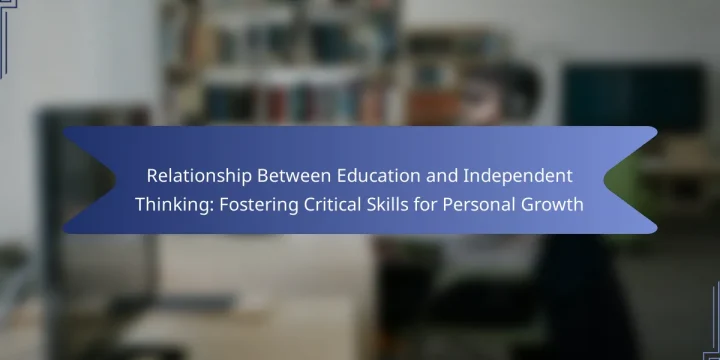
Unlock Your Potential with Psychology
Welcome to a transformative space where the intricate systems and theories of psychology converge to empower your personal development journey. Here, you will discover a wealth of resources designed to help you understand yourself better, enhance your emotional intelligence, and cultivate the skills necessary for personal growth. Whether you're seeking to improve your relationships, boost your self-esteem, or navigate life's challenges, this platform offers insights that can guide you every step of the way.
Explore the fascinating world of psychological frameworks that have been proven to foster resilience and self-awareness. From cognitive-behavioral techniques to mindfulness practices, you will find practical tools and strategies that can be seamlessly integrated into your daily life. Our curated content is tailored to support individuals at all stages of their personal development journey, providing you with the knowledge and confidence to thrive.
Why Psychology Matters for Personal Development
- Gain a deeper understanding of your thoughts and behaviours.
- Learn effective techniques for managing stress and anxiety.
- Enhance your communication skills and build stronger relationships.
Join a community of like-minded individuals committed to growth and self-discovery. Embrace the power of psychology to unlock your true potential and create the fulfilling life you deserve.

